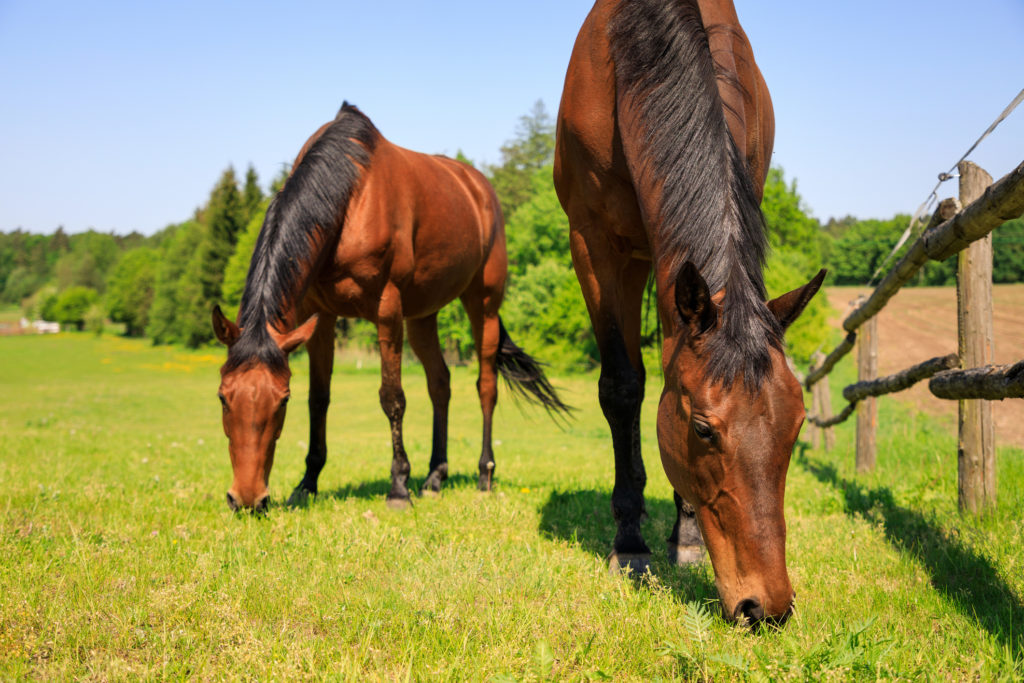Safety of Nutritional Supplements for Horses Unknown, Researchers Say
Just because a supplement comes in fancy packaging with a tamper-resistant foil seal and promises of efficacy does not necessarily mean that it is safe for your horse.
According to the Committee on Examining the Safety of Dietary

















